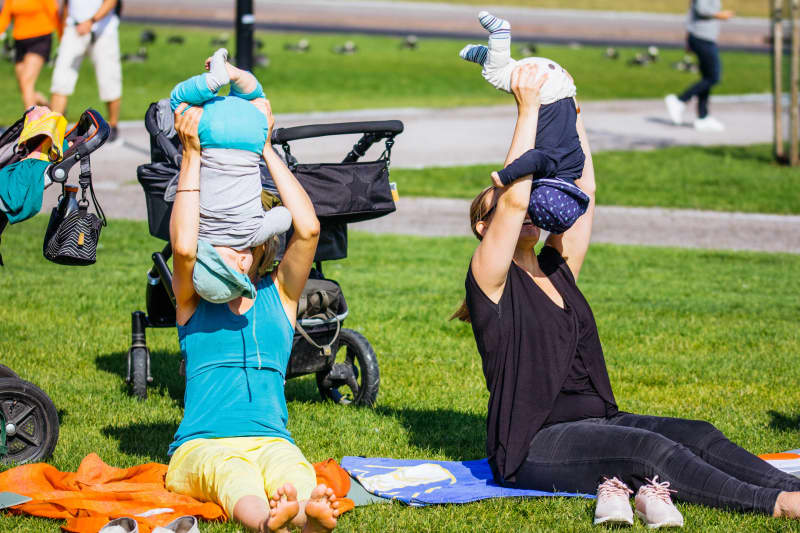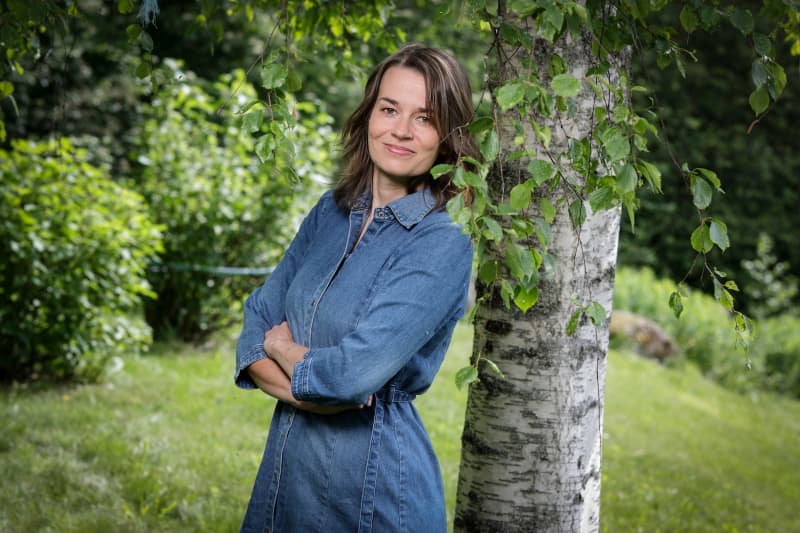Before corona, parents were more exhausted in the most individual-oriented countries than in more communal countries. During the Corona period, individualism was no longer a significant explanation for the differences between countries.

Severe parental burnout increased worldwide during the first year of the corona pandemic, says the latest publication of the International Investigation of Parental Burnout(https://econtent.hogrefe.com/doi/10.1027/2157-3891/a000050) consortium project.
The study compared parenting burnout in 26 countries in 2018 and 2020.
While in 2018 severe parenting burnout was observed in 4.2 percent of parents, in 2020 it was observed in 5.8 percent of parents.
At the average level, there was no globally statistically significant change in exhaustion, but the difference became apparent specifically when looking at the prevalence of severe exhaustion.
Severe exhaustion increased the most in Burundi, Chile, Portugal and Iran. Severe exhaustion also increased in Finland, but the change was not statistically significant.
Exhaustion was defined as severe if the parent experienced all the assessed exhaustion symptoms weekly or daily.

Community spirit did not protect against exhaustion during the corona virus
Partly the same background factors were connected to exhaustion both before and during the corona virus. Mothers had more exhaustion than fathers, as did younger parents and parents with a weak financial situation.
In addition, parents were more exhausted if they had small children, several children or children with special needs.
The parents’ exhaustion was higher the longer they had been isolated during the corona period. Distance school, for example, from home was also connected to exhaustion.
Before the corona era, differences between countries in parenting exhaustion were mostly explained by individualism: in the most individual-oriented countries, parents were more exhausted(https://yle.fi/uutiset/3-11699449) than in more communal countries. During the Corona period, individualism was no longer a significant explanation.
Docent Matilda Sorkkila thought this was interesting.
– When the surrounding conditions change, the influence of cultural values \u200b\u200bcan also change. During the Corona period, in all the countries that participated in the study, parents had been forced into isolation and community support, which in certain countries could previously protect some parents from exhaustion, was no longer available to anyone.
More exhaustion in disciplined countries
Pampering, i.e. the culture-specific acceptance of enjoying life, joy and fun, emerged as a new cultural factor explaining the differences between countries during the corona period.
In cultures that accept pampering, parenting exhaustion was less during the corona period than in more restrained cultures, which were characterized by strict social norms and discipline.
Among the countries that participated in the study, acceptance of pampering, as measured by Hofsted’s cultural value index, was high in Colombia and the Netherlands, for example, and weak in China and Vietnam.
– In a way, it’s quite understandable that pampering has become a significant explanation. It certainly has a surprisingly large effect if the environment allows doing things that bring joy even in a difficult and otherwise stressful and burdensome situation, Sorkkila reflects.
Finland ranked in the middle stages in the pampering comparison.
– In a time like this, when there are very few external sources of joy, such as hobbies and meeting people, it is important not to feel guilty about taking it easy and doing happy things with the family. Enjoying life can be a very important value and a factor that improves the quality of life. We still have something to learn from that, Sorkkila says.
10,622 parents participated in the study in 2018 and 9,923 parents in 2020. These were different samples and the sample sizes varied between countries, which is why the findings must be treated with caution.
